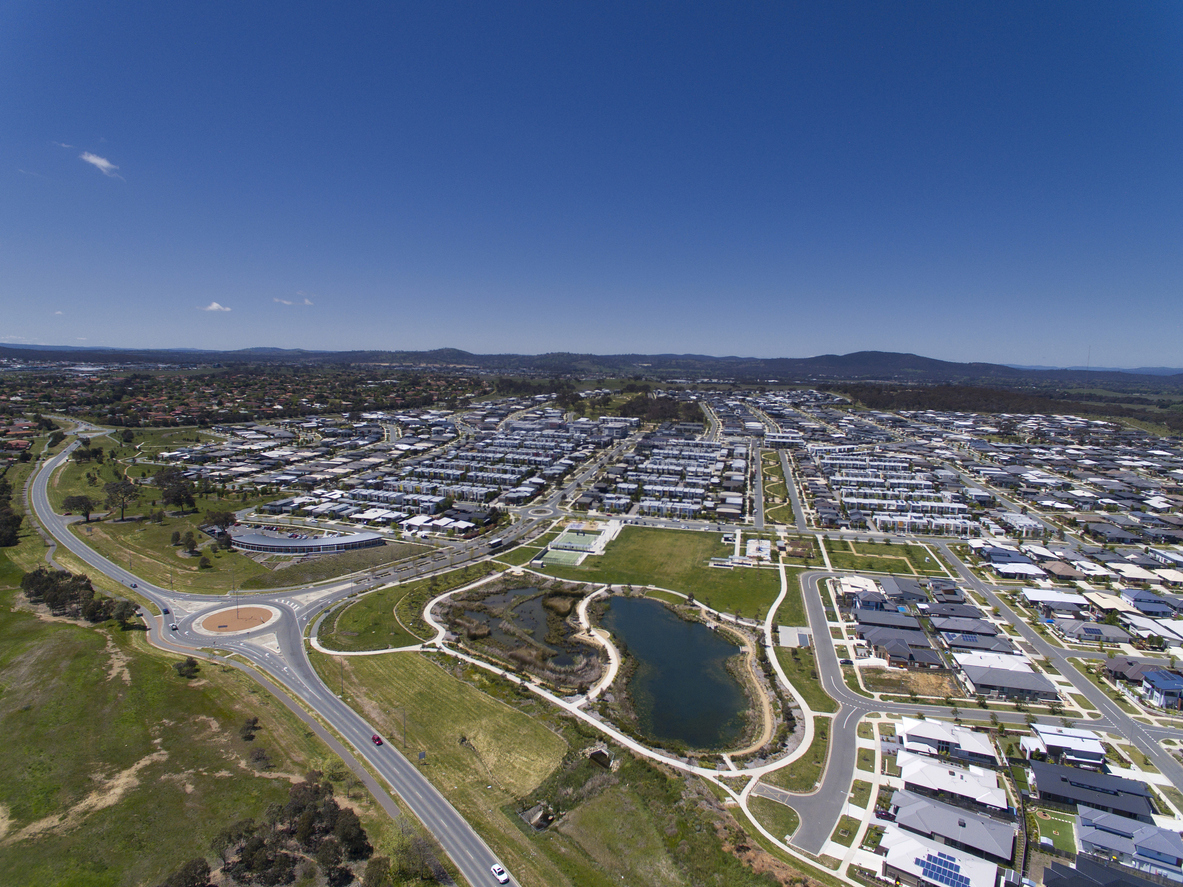
The Opposition and the Greens aren’t so impressed with National Cabinet’s new housing plans. Photo: File.
Anthony Albanese’s housing reform agreement reached with state and territory governments this week looks set for a rocky road ahead.
The Greens are far from impressed by the plan and the Coalition is saying the Prime Minister won’t be able to deliver on its promises.
National Cabinet has agreed to a new national housing target of 1.2 million homes and an extra $3.5 billion in funding. A range of reforms to strengthen tenant rights and limit rent increases were also agreed to.
The ACT has already legislated its own measures with regard to tenant rights and rent increases.
But Opposition Leader Peter Dutton has questioned whether Mr Albanese is the PM able to follow through with the plan. Mr Dutton said while building more homes was good in theory, the nation shouldn’t expect to see any results soon.
“It seems to me that this is just another figure the Prime Minister has plucked out of the air,” Mr Dutton said.
“Increasing the target to 1.2 million might sound good, but the Prime Minister never delivers.
“He doesn’t get across the detail and I just don’t think he’s up to the task.
“We all want to see more houses, we all want to see more supply. The trouble is these figures don’t mean anything.
“As we’ve seen in relation to other issues, he makes the announcement but there’s no delivery.”
Greens leader Adam Bandt said he was disappointed by the renting measures announced because most states and territories had already moved on the issue.
He said National Cabinet’s approach could end up with unfair and unlimited rent increases because even though the plan aims to contain increases to just once a year, there were no rent caps or freezes in the plan.
“From now on, every unfair rent increase is Labor’s fault,” Mr Bandt told ABC Radio.
“There is nothing for renters in this package, which is incredibly disappointing.
“I am really frustrated because we have bent over backwards to negotiate with the government on this and to push for action on renters and to get the government to take this rental crisis seriously.”
The government’s $10 billion Housing Australia Future Fund has been stalled in the Senate because it does not have the Greens’ support.
Last year’s target to build one million new homes over five years is boosted in the new plan by a target of an additional 200,000 new homes.
The building industry has welcomed the target, which includes increased incentives for jurisdictions to build new homes in their areas.
Master Builders Australia CEO Denita Wawn said the incentives would definitely help with housing supply.
“We need to go to the root of the supply problem, getting projects off the ground which are lagging due to a combination of high costs, a declining investment appetite from rising interest rates, and delays in approvals,” she said.
“A national planning reform blueprint that looks at the key pinch-points in the building process from planning, zoning and land release will be a key pillar in addressing our housing supply challenges.
“Master Builders has long advocated for a federal incentive payment program that looks at planning delays, developer charges, zoning restrictions and housing infrastructure investment.
“The cost of building homes has been exacerbated over recent years with unnecessary delays and barriers encountered on their journey to completion. This includes planning impediments, lengthy approval processes and high developer charges on new land developments.”
The $500 million Housing Support Program is a competitive funding scheme to help local and state governments aid housing supply with essential services and amenities.
ACT Chief Minister Andrew Barr said the territory was already planning to deliver on its per capita share of the million homes target and will continue to pursue that objective.
“Once applications are open for the Housing Support Program we will be ready to submit a range of project proposals to further accelerate the delivery of more new homes,” he said.




















